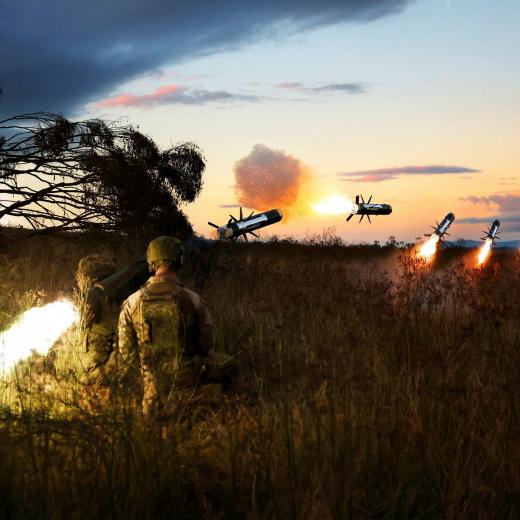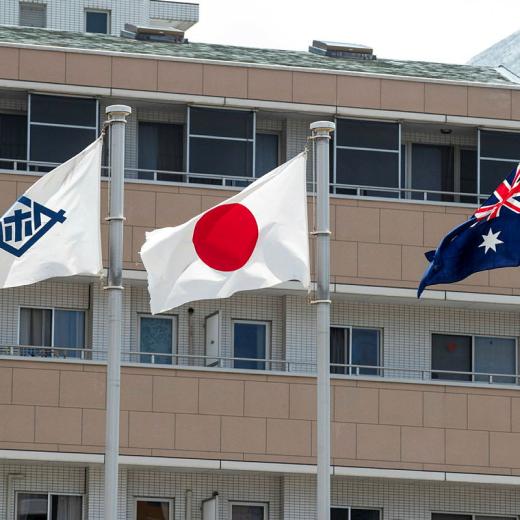BLUF
In a much more uncertain world, meetings such as AUKMIN are helping to maintain important democratic alliances.Summary
The most recent Australia-United Kingdom Ministerial Consultations (AUKMIN) took place in Sydney on Friday, 21 February. The gathering took place as a Russian military assault on Ukraine appeared imminent. AUKMIN parties knew how important it was to find ways to strengthen democratic ties through closer co-operation, or risk losing ground to aggressive international behaviour from Russia and China. Key points of this ASPI article:
- The latest meetings were a far cry from their beginnings in 2006 when AUKMIN was established. At that time, UK and Australian officials held a similar view—Britain’s future was in Europe and Australia’s was in Asia.
- Britain and Australia have interests that go beyond our immediate neighbourhoods. We are not small regional players but, rather, large states with global interests.
- The rising aggressiveness of China and Russia (as well as North Korea and Iran) is the biggest strategic challenge of our age. It is pushing consequential democracies together.
- It is to Australia’s benefit that the UK, France, Germany, The Netherlands and others now define Indo-Pacific security as relevant to them.
- Thinking and acting alone is what China wants us to do because it encourages capitulation. Working together in ANZUS, AUKUS, AUKMIN, the Quad and other groupings is what Beijing doesn’t want because it strengthens democracies.
- The British have promised ‘greater rotations’ of British vessels into the region and will re-establish a persistent Indo-Pacific presence this year.
The AUKMIN partners signed agreements for a ‘cyber and critical technology partnership’ and for ‘clean, reliable and transparent infrastructure investment in the Indo-Pacific’. This points to a broadening of co-operation beyond traditional defence and intelligence roots.
References
Recent Runway Posts related to this topic:
- Deeper Australia–Japan defence ties send strong message to China | The Runway (airforce.gov.au)
- Defence Minister Peter Dutton says China considers Australia a 'tributary state' that should submit to its power | The Runway (airforce.gov.au)
- Australia must adopt unorthodox options to disrupt China’s grey-zone threat. | The Runway (airforce.gov.au)
- How Australian AI will benefit from AUKUS | The Runway (airforce.gov.au)
References from the Web:
- Jan 2022 UK naval visits to Australia to increase, Defence Minister Peter Dutton confirms after AUKMIN meeting—Sky News
- Jan 2022 Britannia making waves down under as UK leaves open future possibility of military being based in Australia—ABC News
- Jan 2022 UK warns Putin and Xi over 'dictatorship'—Canberra Times
Source Information: ASPI
- Article Source: Australian Strategic Policy Institute | ASPI
- Media Check: About Us | Australian Strategic Policy Institute | ASPI
- Learning Outcomes: RUNWAY TOPICS: LEARNING OUTCOMES | The Runway (airforce.gov.au)





